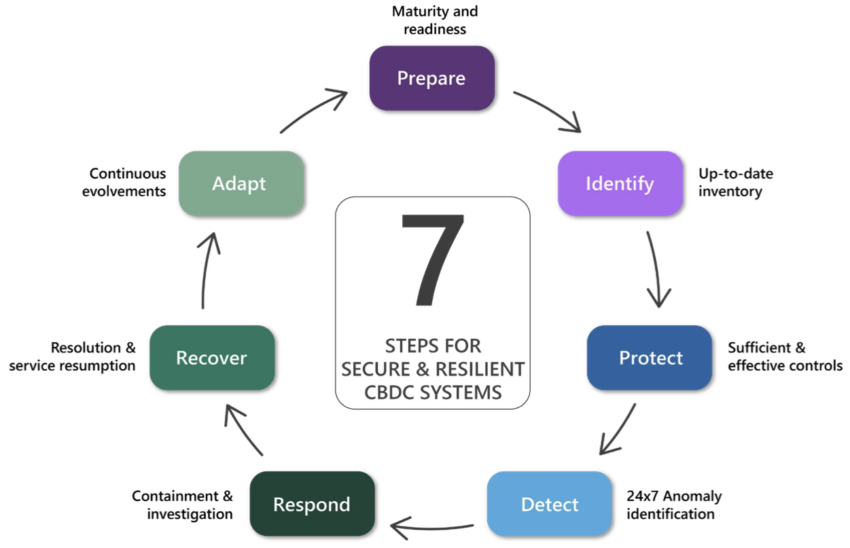The Bank for International Settlements’ New Project Polaris will investigate how to protect retail central bank digital currencies (CBDCs) operations from risks posed by cyber threats.
The BIS said a hack of the Bangladesh Bank and numerous decentralized finance hacks in 2022 underscores the need to harden the infrastructure banks intending to issue CBDCs must use. Threat actors could destabilize economies and erode central bank trust if retail CBDC operations are not protected by a resilient cybersecurity framework.
BIS Says Fighting Cyber Threat Risk in Two-Tier CBDC System Needs Cooperation
The BIS model assumes a two-tier CBDC system where the central bank knows the balances of each member. Commercial banks handle retail functions and are responsible for anti-money laundering enforcement.

Dubbed Project Polaris, the new resilience framework will prompt banks to assess their baseline operations, including management structures, plans for business continuity, and how they protect data. Then, they can streamline software security testing through DevSecOps, a method to develop software quickly without compromising security. Other important considerations include zero-trust technologies.
Moreover, banks need to assess threats to core CBDC operations and the responsibilities each
Go to Source to See Full Article
Author: David Thomas






